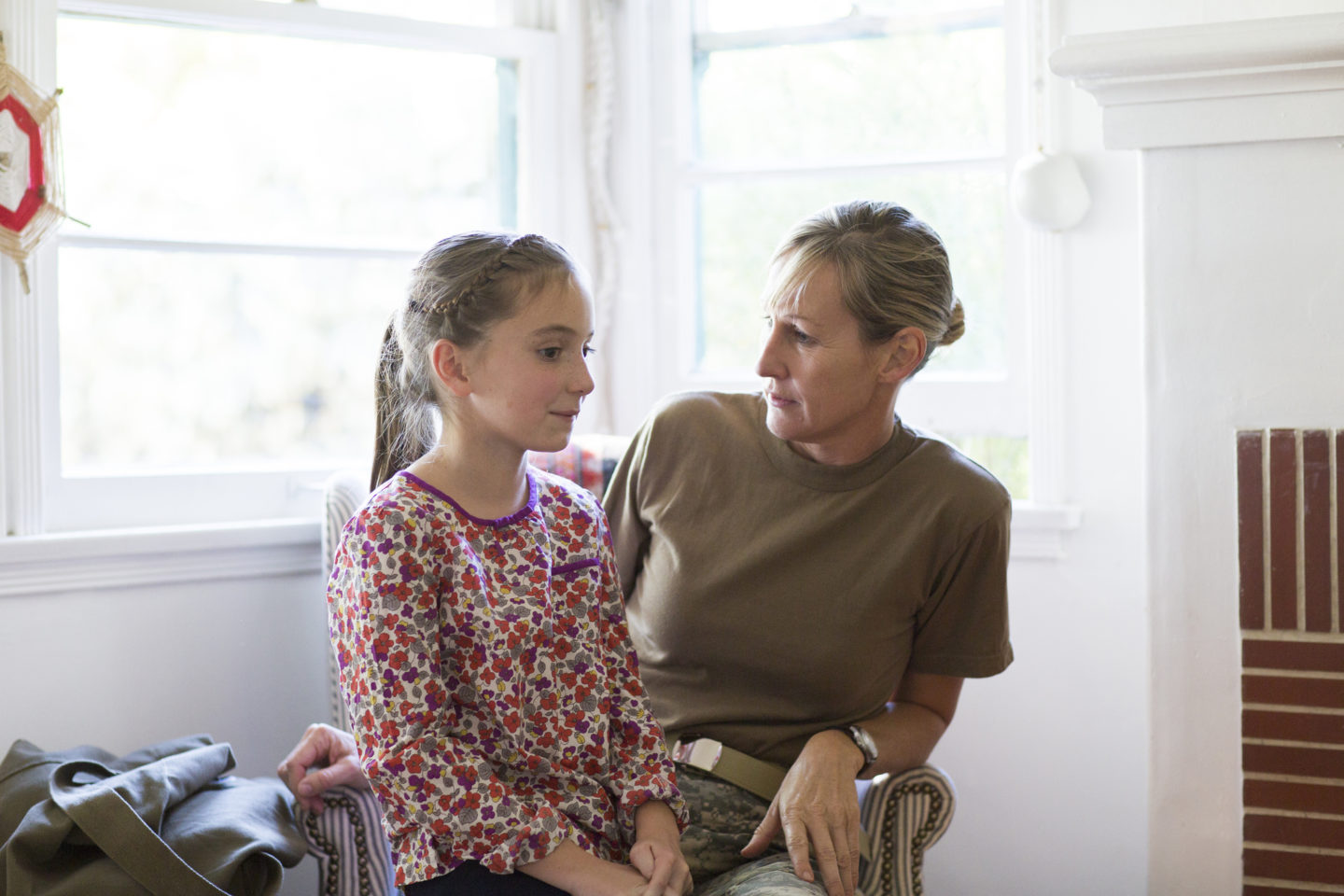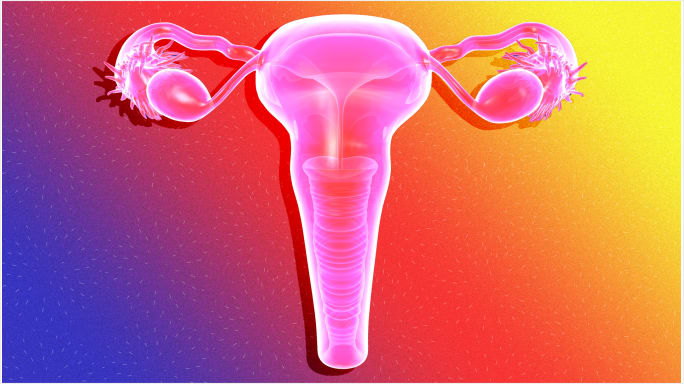It turns out you can really hurt someone when you’re trying to protect them.
Recently, a friend from high school and I were talking about an impending class reunion, and the people we would least like to run into. The thing is, she said, we were teenagers, and so everything was a mess anyway, and yet, we were expected to handle so much – academics, college expectations, peer pressure, our first romantic and sexual situations, changing family dynamics. So it was no wonder that we treated each other badly, or made crappy decisions. We could forgive each other now, at least a little.
When I think about getting through high school in one piece, I wonder if it was actually a miracle. My mother had cancer on and off from the time I was seven until I was nineteen, when she died, and also during that time, she suffered from an undiagnosed mental illness that she associated with weakness, and coped with by blaming those around her.
She was a single mother who struggled financially and lashed out at my grandmother and me on a regular basis. Amid this chaos, I attempted to not only appear normal, but also achieve academically. It worked – I had friends, I even had a boyfriend, and I did well in school. I’m not bragging. Working hard at school and taking accelerated classes kept me focused and calm. It helped me focus on what was beyond my senior year and even college, it reminded me of a different life.
During my junior year, I had probably the most chaste of relationships with a boy for eight consecutive months. We broke up before the beginning of senior year. I was devastated, and my mother was furious. What happened? What had I done? When she couldn’t figure it out (I didn’t want to tell her that he was actually not interested in girls), she blamed my friends.
This next part will seems ridiculous, because it was. It might seem unbelievable, and that is also because it was. My mother decided that the reason this boyfriend and I had broken up was because he was actually cheating on me with a friend of mine. I’m not telling you this because I enjoy the sensationalism of it, but because my mother believed it, wholeheartedly. When I insisted that it wasn’t true, she told me that I was simply too stupid to understand what was really going on. For the rest of high school, she insisted that I could not be trusted to make my own decisions about my friends, and therefore, I wasn’t allowed to go places if Friend X would be there. It wasn’t always Friend X, though, because she changed her mind about people, but it was always guaranteed to be someone. Sometimes Friend X was okay, but Friend Y was behaving badly, and I would fall for her machinations. It was a new calculus every day. It wasn’t always worth it to ask to leave the house.
The harder part was that it didn’t end when I graduated high school.
When I moved away to college, she became convinced my roommate was not giving me messages from her. She threatened to pull me out of school. She threw a fit when another roommate wanted us to split the cost of a refrigerator. Everywhere she looked, I was being taken advantage of, and she was apoplectic that I couldn’t see it.
There were obviously a lot of factors at play here. My mother was exhausted, from illness and from money worries and from parenting. She was lonely. She was paranoid. She was trying to protect me from other people, and from myself. She was unprepared to handle the reality of me leaving home, although she had wanted me to go to college and was constantly telling me how proud she was of me. But this is the thing about having an emotionally abusive relationship with someone who isn’t healthy in other ways – it’s just like any other relationship — it’s complicated. Physical illness doesn’t change the injuries that that person caused your insides. By the time my mother died, I was also exhausted, and then I was relieved.
Here is the point: I always knew that my mother was wrong about my friends. I knew she was wrong about my roommates. She was wrong that I was too stupid and naive. And I didn’t realize that what she believed about me had made itself way deep into my every day brain until many years later.
Somewhere along the way, I had lost the ability to trust myself about the decisions I made about relationships, about sex, about how I wanted to live my life. When I realized the source of this (thank you, therapy), I was furious.
Women are constantly told that we can’t make decisions, that we need someone else to do it for us, specifically, men. It’s still with me now, of course, because these things don’t just go away. Can I really trust friends and partners? Am I willfully missing something? When I feel safe, am I actually in danger? And is this all because I lack some fundamental common sense, or is it because I was told my instincts are faulty?
While I began trying to access the part of myself that knows I am capable of sound judgement, who is powerful and reliable and brave, I also started feeling immensely betrayed. It wasn’t my mother’s fault because the reality was that she was deteriorating while all this was happening, but it’s hard to be logical when someone is hurting you, even if they’re hurting themselves.
We were so young, my friend from high school said. How could we carry so much? We all needed a foundation, and when we didn’t have one, we shook, and it became our job to center our own small, soft, tender selves.




comments